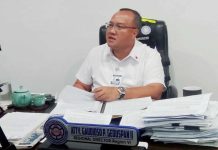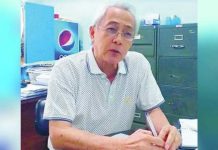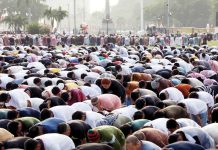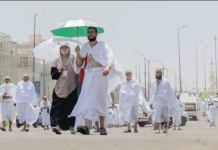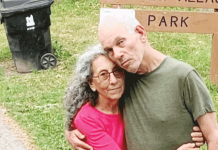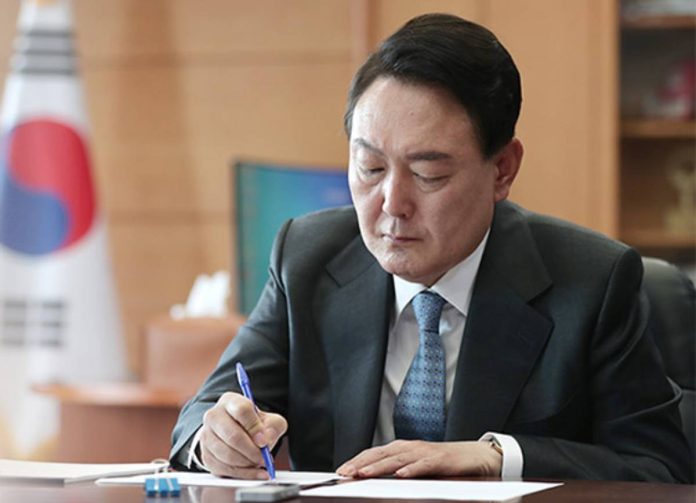
SEOUL – South Korean Members of Parliament (MPs) have begun impeachment proceedings against President Yoon Suk Yeol after thwarting his shock move to impose martial law late Tuesday night, Dec. 3.
The president had said martial law was needed to protect the country from “North Korea’s communist forces” and to “eliminate anti-state elements”.
But less than two hours after his declaration, MPs defied the president, gathering at the National Assembly and voting to block his decision.
Some MPs broke through barricades or climbed fences to get inside the building; there were scuffles between police and protesters outside.
Demonstrators who had gathered outside parliament to protest at the sudden introduction of military rule later celebrated as the equally sudden reversal was announced.
Opposition lawmakers in South Korea have put forward a motion to impeach President Yoon. The motion will still need to be debated before going to a vote, possibly later this week.
Yoon’s martial law decision shows he is “completely out of touch with [the] reality of what the country is going through at this point”, former foreign minister Kang Kyung-wha has told the BBC.
Yoon has become increasingly unpopular for how he handled questions about his conduct and a recent controversy over his wife, Kang added, and has been blaming the opposition party for blowing these issues out of proportion in parliament.
What happens next, says Kang, is entirely up to Yoon himself.
“The ball is in the president’s court to find a way out of this corner that he himself has put in,” she said.
Martial law is a temporary rule by military authorities in a time of emergency, when the civil authorities are deemed unable to function.
The implementation of martial law can have legal impacts, such as the suspension of normal civil rights and the extension of military law.
In theory, it is temporary – but it may continue indefinitely.
The last time martial law was declared in South Korea was in 1979, when the country’s then long-term military dictator Park Chung-hee was assassinated during a coup.
Yoon’s declaration on Tuesday night marked the first time it has been invoked since the country became a parliamentary democracy in 1987.
When declaring his drastic decision in a late-night TV broadcast, Yoon cited “anti-state forces” and the threat from North Korea as justification.
But observers say Yoon acted like a president under siege, and that his decision was spurred less by external threats than his own desperate political troubles.
The South Korean leader has been a lame duck president for months after the opposition won a landslide in April’s general election and has seen a continuing fall in approval ratings amid several corruption scandals this year. (BBC)

